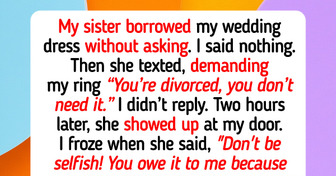I can understand you embarrassment but it's not like he refused to pay for dinner. You embarrassed him twice over when you threw money on the table and called him a cheapskate
I Dumped My First Date Over a Coupon, and Now I’m Not Sure If I Overreacted
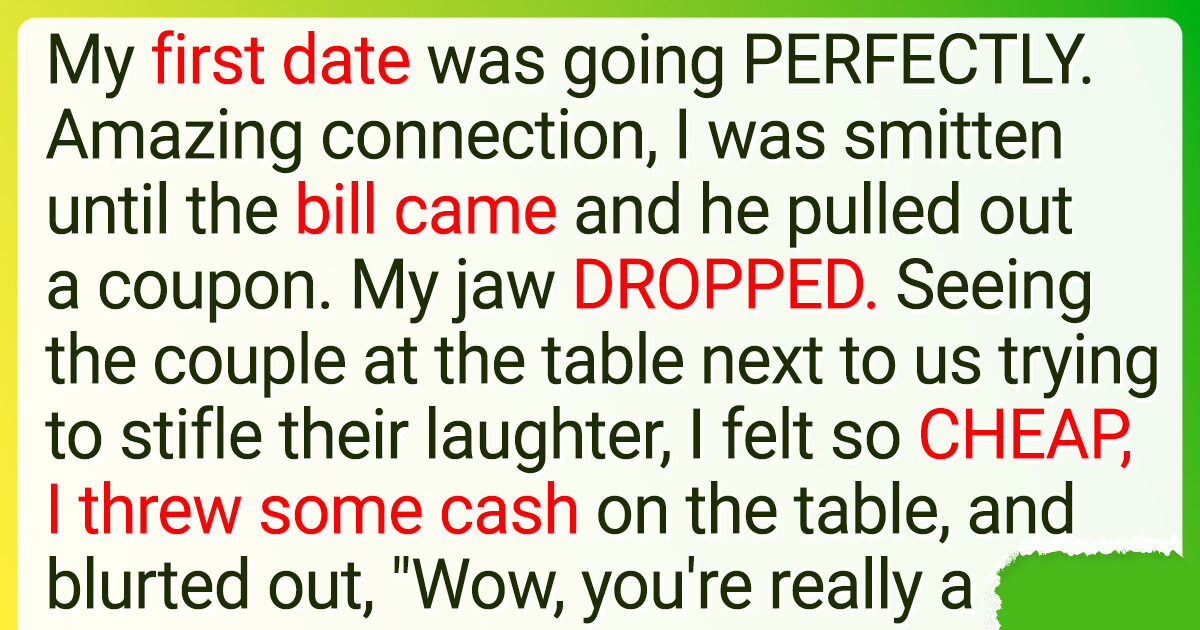
Today’s letter from Dolly, a 27-year-old reader, tells the story of how a single coupon transformed a promising first date into an unexpected clash of values. Her experience highlights the complex relationship between romance and financial responsibility in modern dating, touching on themes that many can find surprisingly familiar.


hes right now you can have a 2nd night out - restaurants vouchers so they generate customers
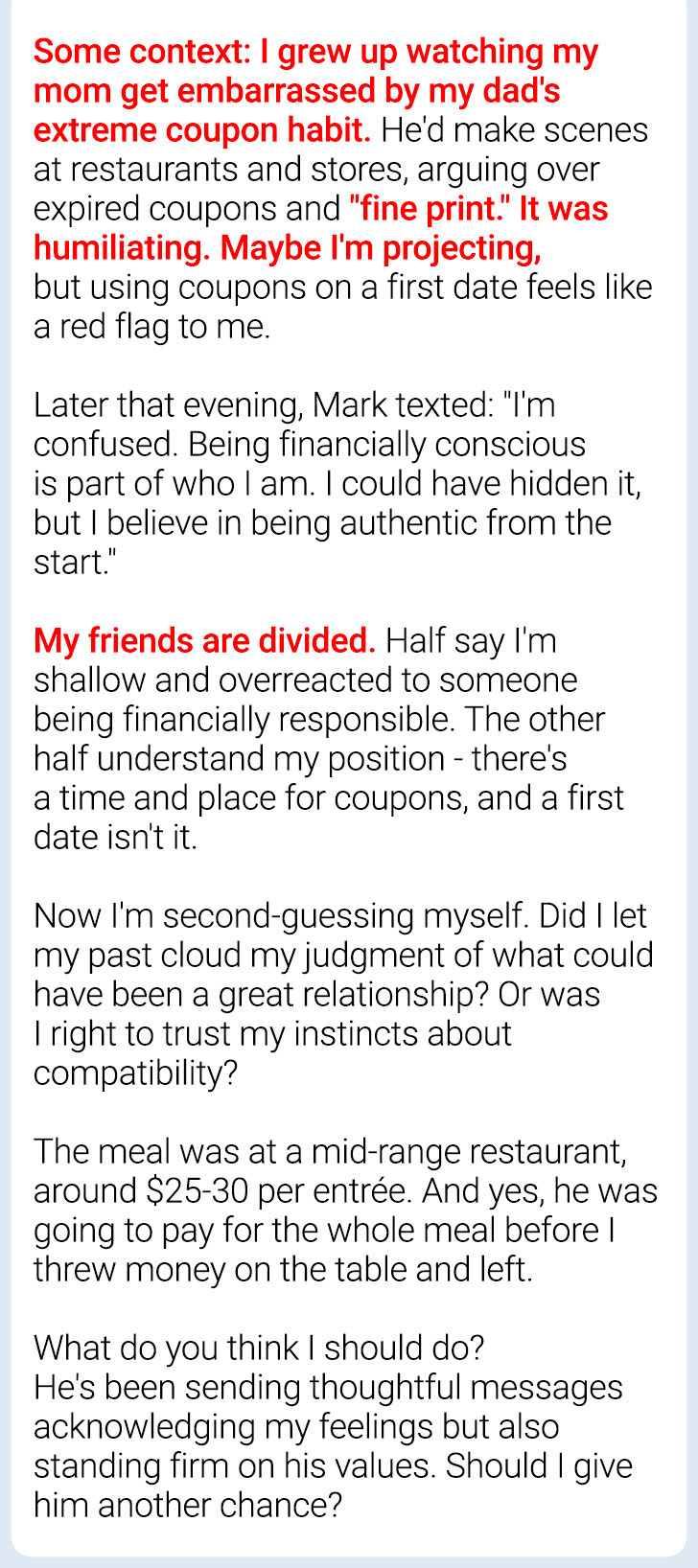
I think you overreacted...I can't imagine even being a tiny bit upset about somebody taking any discount on a first date, or an anniversary, or anything. He sounds like a keeper to me if you like him otherwise. I would apologize to him and certainly give him another chance or ten. I'm glad he's still interested.
Dolly, your letter struck a chord with us, as it touches on something many of us grapple with — the complex intersection of romance, finances, and personal values. Let us share our thoughts on your situation.
Your reaction to Mark’s coupon didn’t happen in a vacuum.
It was triggered by years of watching your father’s extreme couponing embarrass your mother. Those childhood experiences shape our adult reactions in powerful ways that we don’t always recognize in the moment. Your visceral response wasn’t just about a piece of paper — it was about reliving those uncomfortable memories and fearing a repeat of your mother’s experiences. Understanding this connection is crucial because it helps explain why you reacted so strongly to what others might see as a minor issue.
Your feelings weren’t invalid, but it’s worth examining whether they were proportionate to the actual situation at hand. Consider how these past experiences might be coloring your perception of present situations in ways that could hold you back from potentially meaningful connections.
Here’s something worth considering:

Mark wasn’t trying to embarrass you — he was actually showing you an important part of who he is. As a financial advisor, his approach to money isn’t just a habit; it’s a core value and part of his professional identity. He chose to be authentic rather than hide this aspect of himself, which speaks to his honesty and integrity.
Think about how his perspective differs from your father’s behavior — while your dad created scenes and arguments, Mark simply and quietly used a valid coupon. He wasn’t being cheap; he was being consistent with his values.
The distinction between frugality and cheapness often lies not in the actions themselves, but in how they’re executed and the motivations behind them. Consider how his professional background shapes his relationship with money, and whether his approach might actually be a positive trait in a long-term partner.
Let’s try to figure out where the embarrassment stemmed more from.
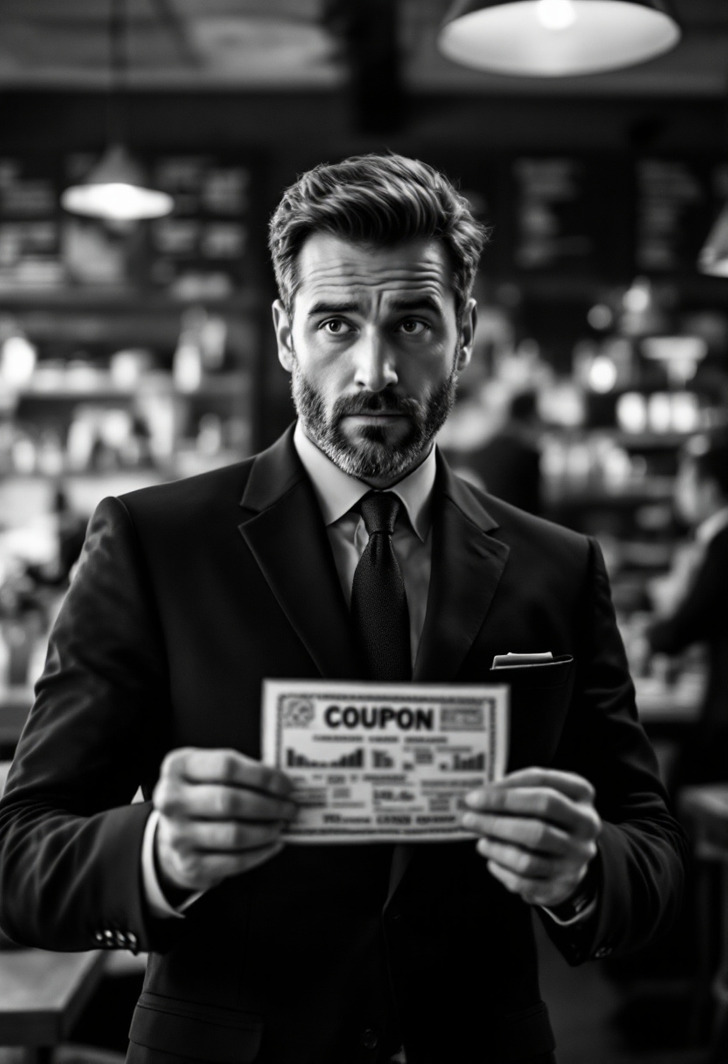
In today’s world, where financial literacy and responsibility are increasingly valued, the old rules about what’s acceptable on first dates are evolving. The tradition of hiding one’s financial habits to “make a good impression” might actually be counterproductive to forming authentic connections. Your concern about appearances and the reactions of others in the restaurant reflects a common anxiety about social judgment, but it’s worth asking whether these external opinions should carry so much weight.
Many successful relationships are built on shared financial values and open communication about money from the start. Consider whether your embarrassment stemmed more from societal expectations than from any actual inappropriateness on Mark’s part.
What stands out in your story is Mark’s consistency and honesty about who he is.

His follow-up messages show emotional intelligence and maturity — he acknowledged your feelings while staying true to his values. This kind of authentic self-presentation, even when it risks disapproval, is relatively rare in early dating stages when many people are trying to present an idealized version of themselves.
His willingness to be genuine, even at the risk of rejection, suggests a strong character and clear sense of self. These qualities, combined with the charm and wit you initially noticed, paint a picture of someone who might be worth getting to know better, despite this initial clash of perspectives.
The real question isn’t about the coupon.

It’s about whether you can appreciate someone whose approach to money differs from what you expected. Your date with Mark has provided an opportunity for self-reflection about your own values and triggers around money. Before making a final decision, consider whether your reaction was more about him or about your past experiences.
His thoughtful messages suggest someone who can engage in difficult conversations with maturity and respect — a valuable trait in any relationship. If you decide to give him another chance, it could be an opportunity for both of you to learn from each other and perhaps find a middle ground that respects both his financial wisdom and your comfort level.
Relationships often challenge our preconceptions and trigger our past wounds.

What matters isn’t the presence of these challenges, but how we handle them. Mark has shown maturity in his response to your reaction, and you’re showing wisdom by questioning your initial response.
Whether or not you decide to give him another chance, use this experience to reflect on your relationship with money, your past experiences, and what you truly value in a partner. Sometimes the things that initially push us away can, upon reflection, become the very qualities we come to appreciate most in another person.
Think carefully about what matters most to you in a relationship, and don’t let past experiences or societal expectations be the sole guide for your future happiness.
Mark’s coupon fiasco got us curious about how our ideas about food and money have changed. Remember when lobster was considered poor man’s food? Now it’s a splurge! Read more.
Comments
Related Reads
10 Touching Stories That Prove Small Gestures Can Spark Big Changes
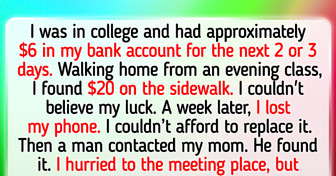
I Refused to Ruin My Honeymoon Because of a Family Emergency
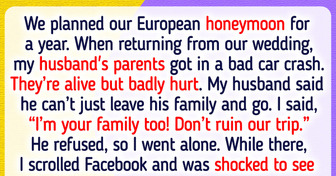
12 Comics That Will Ring a Bell With Anyone Who’s Ever Fallen in Love
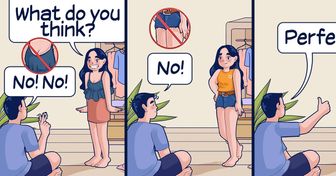
I Refuse to Earn Less Just Because I’m Getting Older
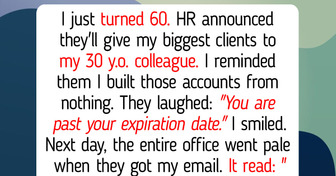
I Refused to Put My Health at Risk Because of My Job, Now HR Got Involved
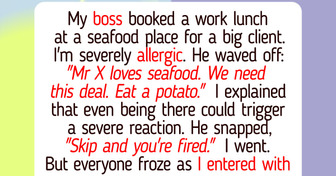
I Kicked My Parents Out of My Graduation—They Didn’t Contribute to My Education
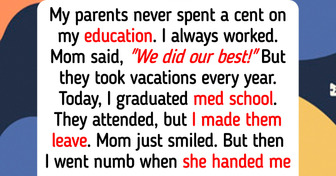
12 Moments That Teach Us to Choose Kindness Even When Life Turns Cruel
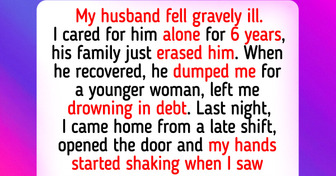
I Refuse to Let My Adoptive Parents Decide My Future in Silence
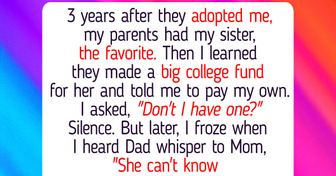
My In-Laws Forced Me to Leave My Vacation Early—They Crossed Every Line
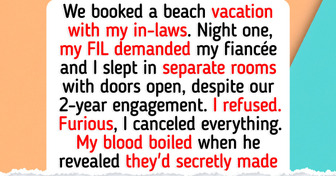
19 Stories That Prove Money Is the Ultimate Truth Serum for Relationships
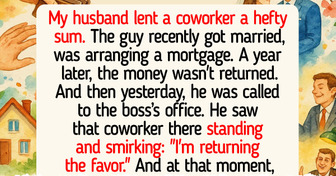
My Neighbor Disrespected My Privacy—My Revenge Was Sweet

12 Stories That Prove Kindness Is the Strongest Armor
